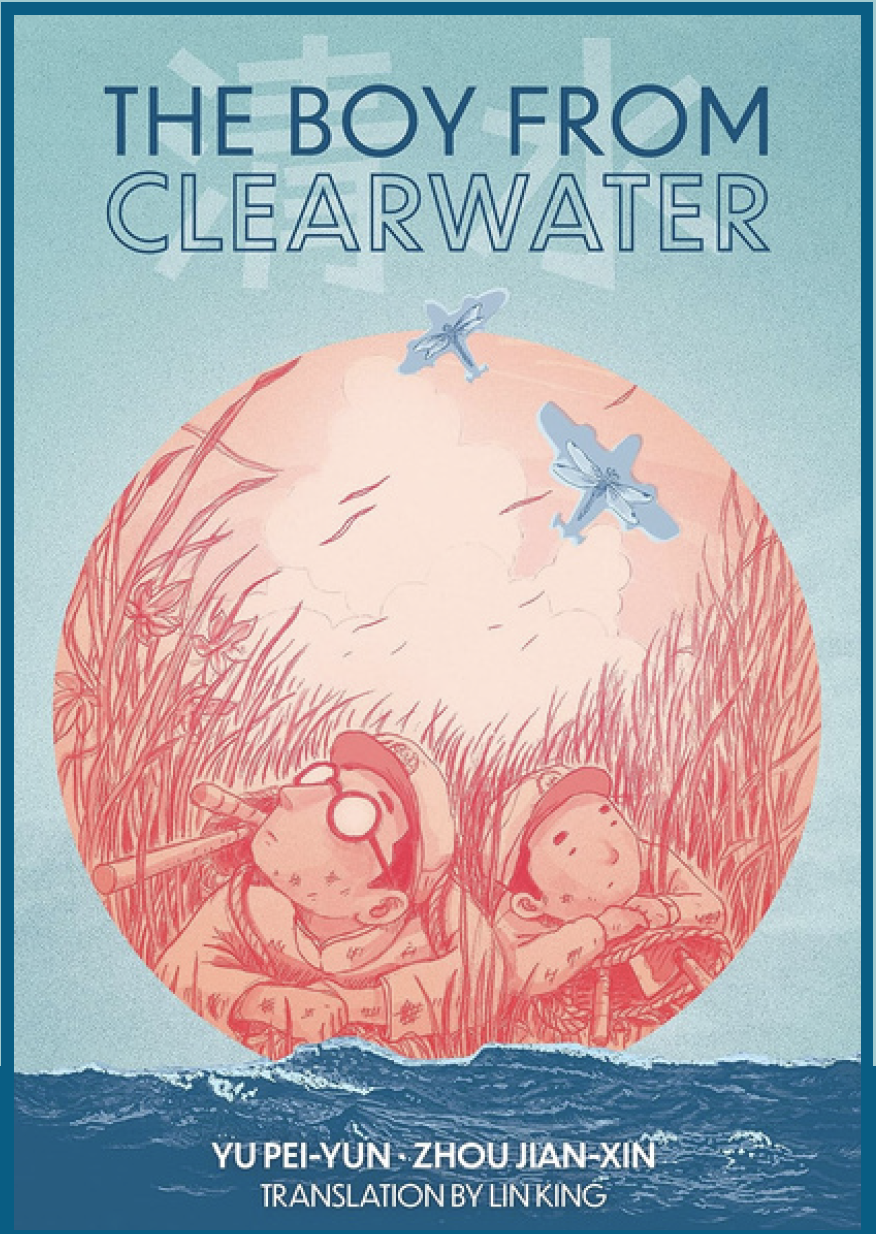
This course will perform a deep reading of the Freeman Book 2023 Award Winner for Young Adult Graphic Novels: The Boy from Clearwater (Book 1) by You Pei-Yun, illustrated by Zhou Jian-Xin and translated by Lin King. The beautifully illustrated book takes us through Japanese occupied Taiwan, the Pacific War, and Taiwan under the rule of the Chinese nationalist party (1930s to 1950s). A coming-of-age story that sees our main character, victims of Taiwan's White Terror, sentenced to ten years on the infamous Green Island for having participated in the wrong book club.
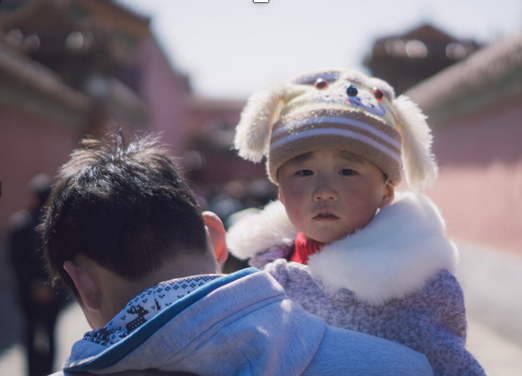
In 2023, India replaced China as the world's most populous country. Over the past century, China has experienced significant demographic shifts influenced by rapid industrialization, stringent population control policies, economic reforms, and evolving social norms. This short course explores the historical context, motivations, and consequences of China's population control measures, as well as the subsequent policy shifts aimed at mitigating the effects of a shrinking population. The course will analyze:
· the socio-economic impacts
· gender dynamics
· regional variations in China's demographic transition
· the implications of these demographic changes on global economic trends and domestic social policies.
By the end of the course, participants will gain a nuanced understanding of China's demographic evolution, the role of patriarchal authoritarianism, and the global economic implications of India's population surpassing China’s.

In 2023, India replaced China as the world's most populous country. Over the past century, China has experienced significant demographic shifts influenced by rapid industrialization, stringent population control policies, economic reforms, and evolving social norms. This short course explores the historical context, motivations, and consequences of China's population control measures, as well as the subsequent policy shifts aimed at mitigating the effects of a shrinking population. The course will analyze:
· the socio-economic impacts
· gender dynamics
· regional variations in China's demographic transition
· the implications of these demographic changes on global economic trends and domestic social policies.
By the end of the course, participants will gain a nuanced understanding of China's demographic evolution, the role of patriarchal authoritarianism, and the global economic implications of India's population surpassing China’s.
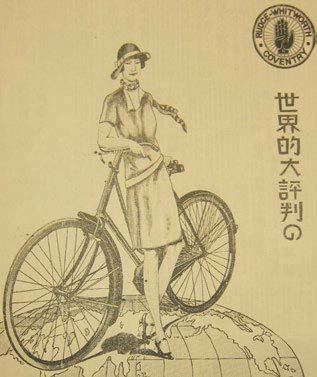
From the mid-19th century on, East Asian women’s lives have been marked by modernizations, imperialism, revolutions, warfare, and new roles in the workforce and within the family home. Women claimed their autonomies and rights through different avenues, be it liberalization, feminism, and the idea of the “new” or “modern” woman. Various state initiatives uplifted and/or appropriated women, affecting their day-to-day lives. This institute offers secondary teachers the opportunity to work with scholars and specialists and investigate primary sources to better understand Chinese, Japanese, Korean, and Taiwanese women’s voices and experiences. What were their challenges and successes across time and place in modern East Asia?
- Instructor: Cathy Ishida
- Instructor: Lynn Kalinauskas
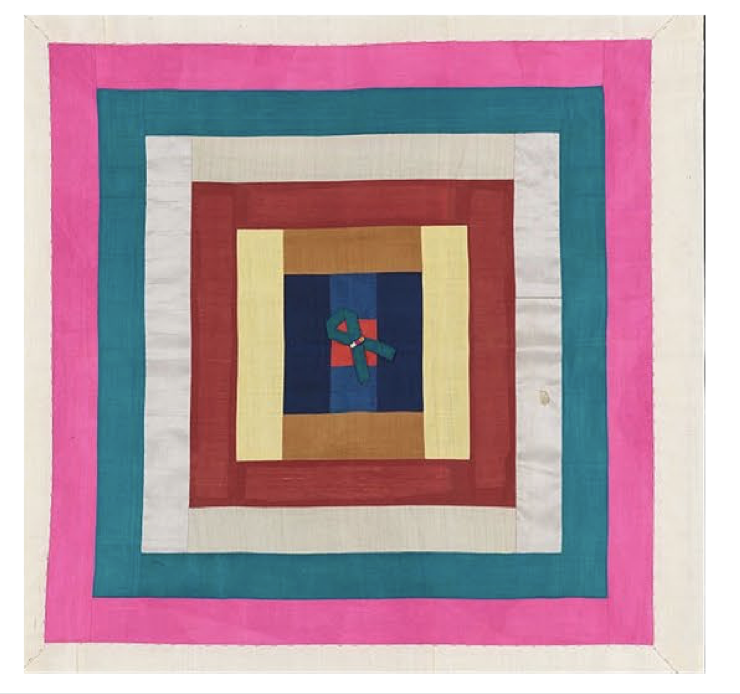
Current scholarship and primary sources challenge traditional narratives of women as one-dimensional and having little agency in premodern China, Japan, and Korea. In fact, their experiences varied depending on time, place, and class. From premodern times through the 19th century, women led diverse lives and played active and crucial roles in governing and in economic and cultural practices of the family, community, and state. How did they navigate within the confines and constraints of established norms and power structures?
This institute offers secondary teachers an opportunity to work with scholars and specialists to re-center historical studies of premodern East Asia on women’s lives and their voices. Exploring written and visual sources, teachers will gain an understanding of how East Asian women exercised agency within the frameworks defined by key documents, philosophical norms, institutions, and customs.
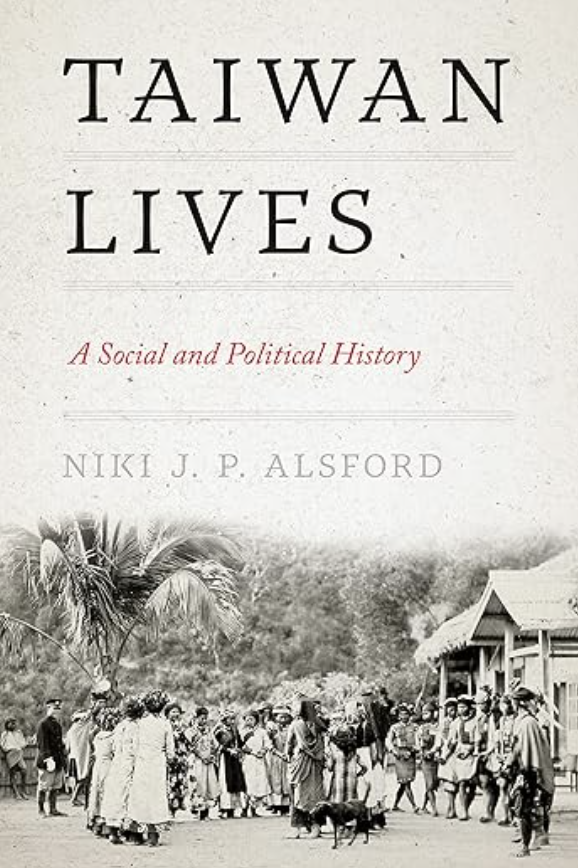
Using Niki Alsford’s 2024 book Taiwan Lives: A Social and Political History, this course explores Taiwan's history from 1895 under Japanese rule to 2020 under President Tsai Ing-wen. Similar to The Canterbury Tales, the book features the stories of twenty-four individuals to illustrate significant periods, historical events, and social changes in Taiwan’s evolution and identity. Designed to enrich understanding and teaching of Taiwan’s history, this course offers participants a deep exploration of Alsford’s text, popular media, discussions with fellow educators, and the opportunity to meet the author.
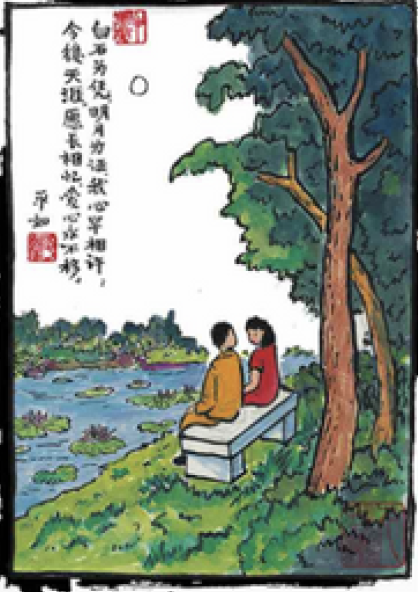
NCTA at the Program for Teaching East Asia offers this free, online course examining Rao Pingru's gorgeously illustrated memoir of his life in China from the early 1920s to the 21st century. His story will take us through the complexities of day-to-day life during China's civil war, the Mao years and the reform era. From the remnants of traditional beliefs to incredible hardships, the story explores the clash of personal and historical events with humility and beauty.
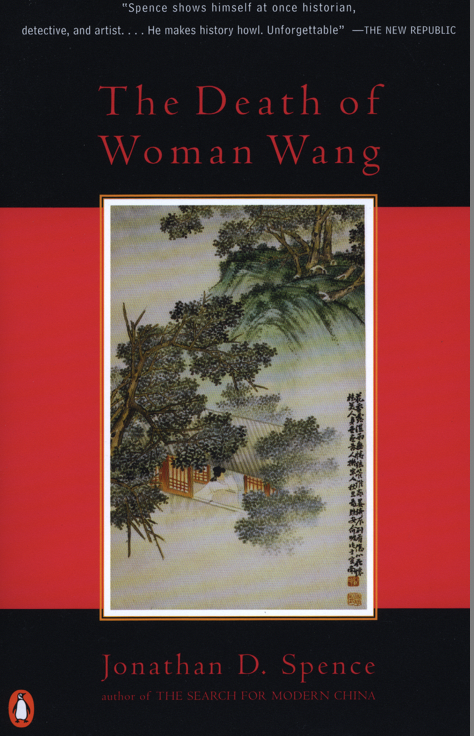
This book group engages secondary teachers with historian Jonathan Spence’s book The Death of Woman Wang. Explore the lives of the non-elite in 17th century China’s Qing dynasty as they face climactic catastrophes, famine, banditry, taxation and a complex legal system. Through the lens of the peasantry and the illiterate learn about the daily struggles of those history often forgets, with a special focus on women. This book interweaves Spence’s historical writing and tales from the 17thcentury writer, Pu Songling. The course is offered in memory of Jonathan Spence (1936-2021), in honor of his significant contribution to our understanding of Chinese history.